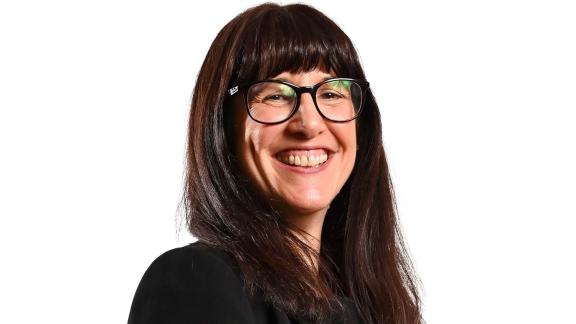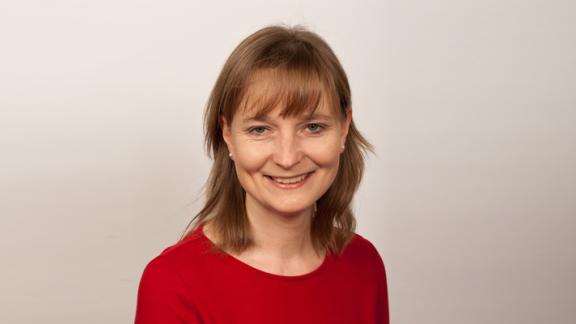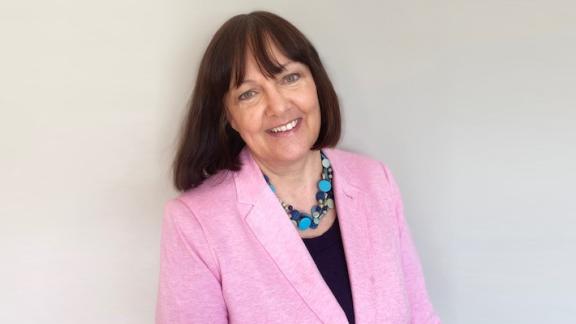A peer network can help ICB leaders navigate the new NHS era

Cathy Elliot shares her experience as an integrated care system (ICS) leader, and the invaluable support she has found in peer networks within the West Yorkshire Health and Care Partnership.
As the health and care bill makes its way through the House of Lords, subject to parliamentary approval on 1 July, do you feel ready for this new era in the NHS? How can we prepare individually and collectively? What would be helpful?
As an ICS, our partnership is built on collaboration across Bradford District and Craven, Calderdale, Kirklees, Leeds and Wakefield, and this way of working has given us a solid foundation since 2016.
How we work together
We work together on the principles of subsidiarity, we share power and risk, we work to suspend egos in service of each other, and, importantly, we work together to improve the lives of the 2.4 million people living in West Yorkshire. If there’s a problem in our partnership, we work collectively to solve it.
Peer support and networks are embedded in our partnership, and I’m pleased to say are continuing to grow and develop. But where does that leave new ICB leaders navigating this new era for the NHS?
As I have stepped into this new ICB chair designate role I have found it helpful to engage with a variety of leaders informally and formally across our partnership and with our ICS neighbours. An example can be seen in our approach in West Yorkshire, where council leaders and NHS chairs meet monthly. I have co-chaired this reference group with our partnership board chair, who is an elected local authority leader. It’s an open forum where we talk freely and honestly about our collective goals and aspirations for people and communities. This has been a valuable forum of equals for our ICS core team to test and sense-check forthcoming plans to be implemented, to share intelligence, allay concerns and work together to myth-bust, if necessary. Reference group members continually ask me if they are being helpful, and the ICS team always responds with a resounding ‘yes.’
Another example that is developing across many ICSs is a forum for NHS trust chairs to come together with the ICB chair designate to problem solve and help each other out
Another example that is developing across many ICSs is a forum for NHS trust chairs to come together with the ICB chair designate to problem solve and help each other out. In West Yorkshire this currently includes exchanging practice amongst NHS trust chairs on tackling health inequalities, supported by ICS public health experts and national advisers.
Versions of these kinds of advisory and reference groups also exist in our five local places in West Yorkshire, with peer support and networks being a consistent theme throughout our partnership since 2016. They enable us to have honest, open conversations about our plans, whilst ensuring we collaborate in all we do, building solidarity and a shared vision for the greater benefit of all.
Engagement has also been valuable with my fellow ICB chair designates, who work with similar populations and scale to compare practice and approaches: to ‘pinch with pride’ as it were. In a growing community of ICB leaders we’re helping each other out in a number of ways, including with the significant recruitment that is taking place for these new statutory bodies.
These exchanges encourage innovative solutions and develop mutual understanding of the journey ahead for us all
For example, sitting on interview panels for your neighbouring ICS and being a sounding board whenever needed. These exchanges encourage innovative solutions and develop mutual understanding of the journey ahead for us all, as well as providing a support system and new critical friends in these new leadership roles.
We all know that system leadership involves working with people across health and social care who have a shared interest in improving the health and wellbeing of their communities. Working as ICB leaders beyond organisational boundaries on mutual challenges with partners is the right direction of travel, and a network of peers helps support the navigation of this, which I certainly welcome.
Cathy Elliott is integrated care board designate for West Yorkshire Health and Care Partnership.
You can follow Cathy on Twitter @margotelliott



